10 Ways to Use a Credit Card That Banks Don’t Want You to Know
Credit cards are designed so that the companies earn money from how people spend. Every reward, fee, and bonus has a purpose, though it’s not always to benefit you. However, the system isn’t perfect. If you know where to look, you can change a tool for getting into debt into one for gaining financial benefits. This guide will show you how.
Maximize Rewards Through Gift Card Utilization
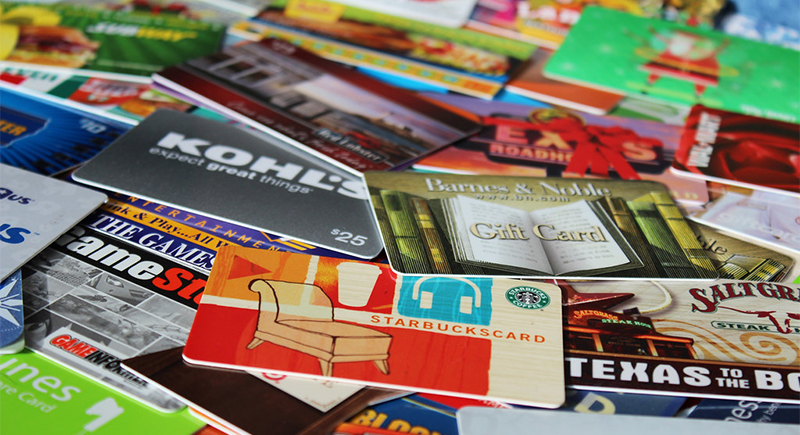
Credit: flickr
Instead of just buying regular items, try using gift cards from supermarkets and pharmacies for many different stores and services. This roundabout way lets you earn extra rewards on things that usually wouldn’t qualify if you bought them directly.
Strategically Use 0% APR for Big Purchases

Credit: DragonImages
Besides paying for large items over time, you can also use periods with 0% interest to manage your regular monthly bills. This keeps your cash available for other needs or opportunities during the interest-free time. Just make sure you have a solid plan to pay off the full amount before the interest starts, so this remains helpful and doesn’t become a problem.
Fund Microloans with Your Credit Card

Credit: Getty Images
Connect your spending with your values by using your credit card for microloans through websites like Kiva, which help entrepreneurs around the world. You can also use your card for charitable donations to earn rewards while supporting causes you care about. Always check if there are any extra fees so your contribution has the biggest impact.
Refer Friends for Credit Card Bonuses

Credit: Studio Brazil
Take advantage of your network by recommending credit cards to friends. Often, you’ll get significant bonus points or credits on your statement when they get approved. Also, before you close a credit card account, try talking to the company. They might offer you extra points or waive a fee to keep you as a customer. It’s worth asking to see what you can get.
Strategically Utilizing Credit Cards for Recurring Payments

Credit: Getty Images
Look for opportunities to pay significant, regular expenses like rent and even taxes with your credit card. Some services let you pay rent with a card and earn rewards. And if the rewards are more valuable than any processing fees, timing your tax payments carefully can be a good idea, especially if you’re trying to reach a spending goal for a sign-up bonus.
Venturing into Investments with Stock Gift Cards

Credit: Reddit
Buying stock gift cards with your credit card is an indirect way to get into investing. Later, you can exchange these gift cards for small parts of publicly traded companies, combining the benefits of credit card rewards with the potential of investments.
Match Your Credit Card to Your Specific Spending Habits

Credit: pexels
Take a close look at where your money goes in different categories. Then, choose credit cards that give you the highest reward rates in the areas where you spend most often. Also, try to time your applications for new cards with big purchases you’re already planning to make, so you can meet the spending requirements for the sign-up bonus efficiently.
Time Card Applications with Big Expenses

Credit: MB Lifestyle
When you apply for new cards, you can meet the minimum spending requirements for valuable sign-up bonuses without buying things you don’t need. Just make sure to apply for them when you have large planned purchases coming up, and see if prepaying certain bills makes sense for your overall money management.
Use the Right Card for Each Purchase

Credit: Canva
Learn the specific reward rules of each credit card you have and make a point of using the most rewarding card for every purchase. For example, you can use cards that offer bonus rewards for things like eating out, travel, and groceries, and use a sound flat-rate card for all your other spending.
Leverage Hidden Credit Card Protections
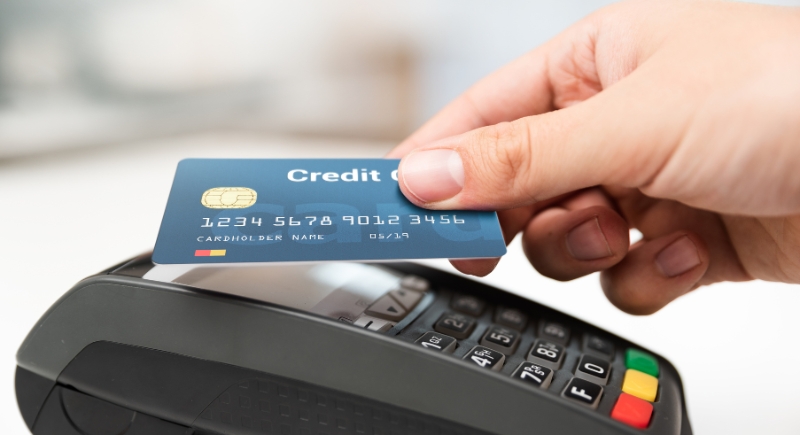
Credit: Proxima Studio
Your card offers often-overlooked but helpful protections, such as extended warranties and protection against theft or damage of what you buy. Take advantage of them and understand merchant category codes so you can strategically use your spending in bonus categories.
Combine Different Credit Cards to Optimize Rewards
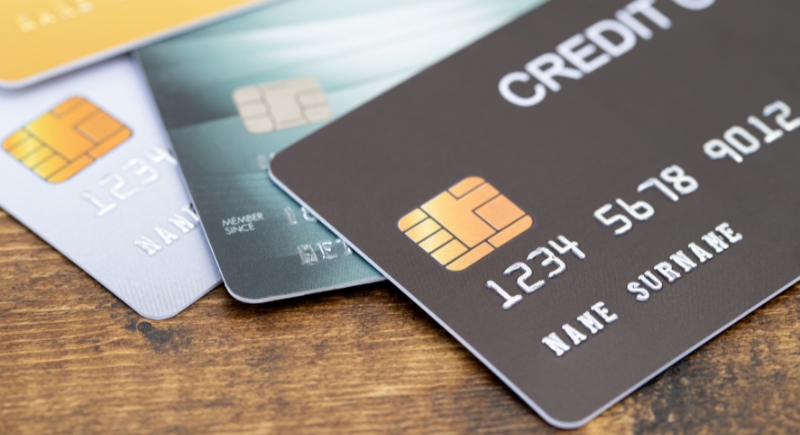
Credit: Canva
You can create a complete reward plan by combining different credit cards to cover all your spending needs effectively. Pair cards with changing bonus categories with stable flat-rate cards, or combine travel-focused cards with those that give high rewards on everyday expenses.
Remaining Vigilant for Exclusive Limited-Time Offers and Promotions
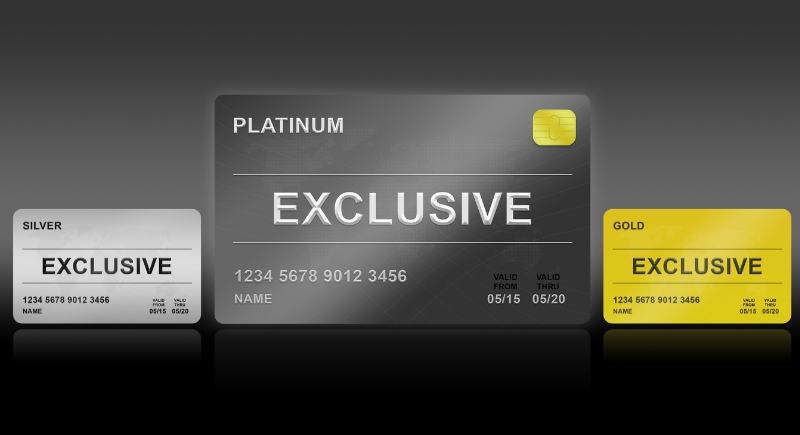
Credit: Getty Images
Try to stay informed about any special, short-term promotions or bonus categories that credit card companies are offering. If you can strategically take advantage of these limited opportunities, like temporary increases in reward rates or better sign-up bonuses, you can significantly increase the rewards you earn overall.
Prioritizing Responsible Credit Card Practices for Long-Term Financial Health
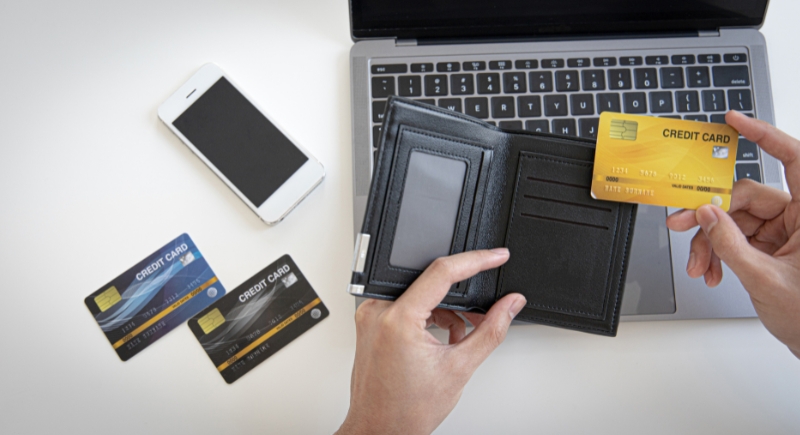
Credit: 89Stocker
Always pay your full balance on time every month to avoid paying expensive interest and to keep a good credit score. This ensures that the valuable rewards you earn are a real financial benefit and not just a way to make up for unnecessary debt.
Adopting a Dynamic Approach to Credit Card Management

Credit: baseimage
The world of credit card offers and rewards programs is always changing. Make it a habit to regularly review your personal spending and the specific reward rules of each of your current credit cards to make sure they still fit your financial goals. Be open to changing your card collection as new and potentially better options become available.
Monitor Credit Utilization Ratio for Optimal Credit Health

Credit: Canva
Keeping an eye on your credit utilization ratio (how much of your total available credit you’re using) is very important for having a good credit score. A lower usage can lead to better interest rates on loans and mortgages in the future, which indirectly increases your long-term financial benefits. Try to keep it below 30%.